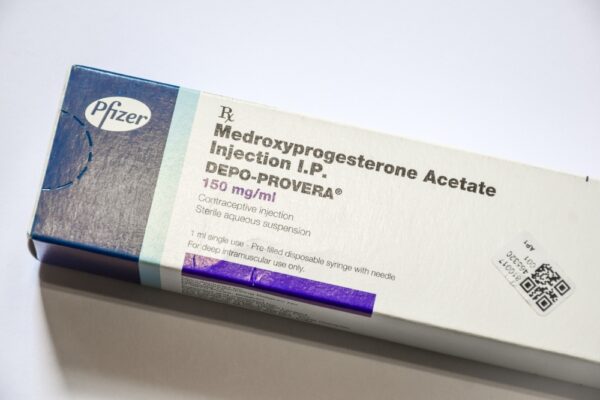Two recent stories concerning generic drugs offer good news for the consumer trying to balance personal health and safety with the high cost of drug prescriptions.
In mid-June the Supreme Court put the pharmaceutical industry on notice when it ruled that brand-name drug makers could be sued under anti-trust laws for paying a potential competitor to delay selling a generic version of drugs.
“The ruling sends a warning to drug makers that try to deter generic rivals from entering the market by settling potential patent claims, paying the competitors to stay out of the market for years more. That enables the brand-name drugs to continue being sold exclusively at higher prices.” (David G. Savage, Los Angeles Times 6/18/2013)
David Balto, an antitrust lawyer and former FTC policy director, is quoted in the LA Times as saying, “No other decision this term will have as much impact on consumer’s pocketbooks.”
The ruling sets the stage for future lawsuits, to be decided on a case-by-case basis. This is not as stringent as many lawmakers and consumer safety advocates wished for, but it is a significant step in keeping prescription drug costs under control.
The June ruling ostensibly gives generic drug manufacturers a chance to join the profitable drug market more quickly; though we have to remember that they have been pocketing money to delay production of drugs—drugs that would save consumers money.
Last week the FDA proposed a change in labeling requirements for generic drugs—a move that will require a higher level of diligence from generic manufacturers. “Under current rules, brand-name drugmakers can change their labels without FDA approval, while generic drug makers are restricted from updating safety labels to reflect new information unless it meets certain criteria.”(USA Today, 7/4)
The current FDA standards, inadvertently, contributed to the dismissal of lawsuits against generic drug manufacturers after a Supreme Court ruling in 2011, stated that the law requiring generic drugs to use the same labels as their brand name equivalents removes the burden for generic drug manufacturers. This new ruling ‘allows’ generic drug makers to change their labels when safety information becomes available on a drug, without waiting for the FDA to require a change. In reality the ruling is telling the generic drug makers they must begin to take responsibility for drug safety themselves.
If the new ruling is approved consumers will have a means of redress when generic drug makers fail to warn the public of potential harm. “It’s common sense,” said Dr. Sidney M. Wolfe, a senior adviser to the Health Research Group at Public Citizen, which in 2011 petitioned the F.D.A.to pass just such a rule. “It will obviously end this situation where people are being harmed physically and yet, although they are harmed, they have no right to go into court and get redress for serious damages.” (New York Times, 7/3)
As expected, generic drug makers are protesting. “Decisions on safety and efficacy of prescription drugs should rest in the hands of the FDA, the only body with the scientific knowledge, regulatory experience and complete data that is needed to make these decisions,” said Ralph Neas, president of the Generic Pharmaceutical Association. (USA Today 7/4)
This sort of protest doesn’t carry much weight when brand name drug makers have been required to do this for years. Is the Generic Pharmaceutical Association saying they are incapable of providing the scientific knowledge and dedication to the public’s safety necessary for monitoring the drugs they manufacture?
The FDA ruling will level the playing field for drug manufacturers; companies making generic medications will now have to pay attention to safety concerns about medications and alert the public—just as the brand-drug manufacturers are required to do. This is not an unfair burden from the consumer point of view.
For now, the FDA is simply notifying the Office of Management and Budget of its intention. The agency intends to offer a proposed ruling by this fall and will solicit public comment. It’s hard to imagine there will be much outcry from the public on a decision that will increase accountability for drug manufacturers and help to assure safer drugs for US citizens.













Comments for this article are closed.